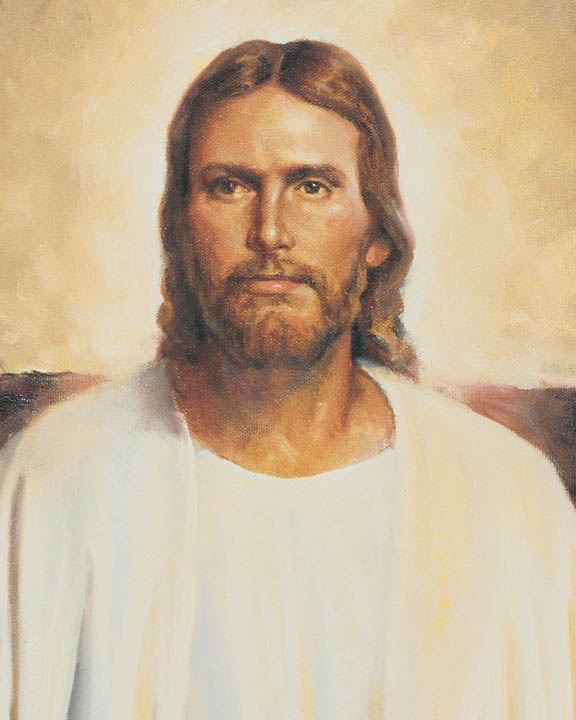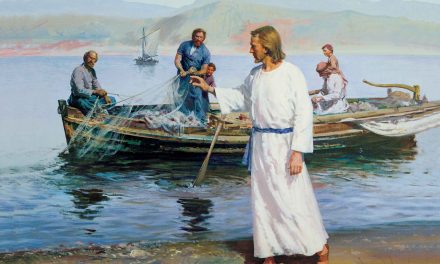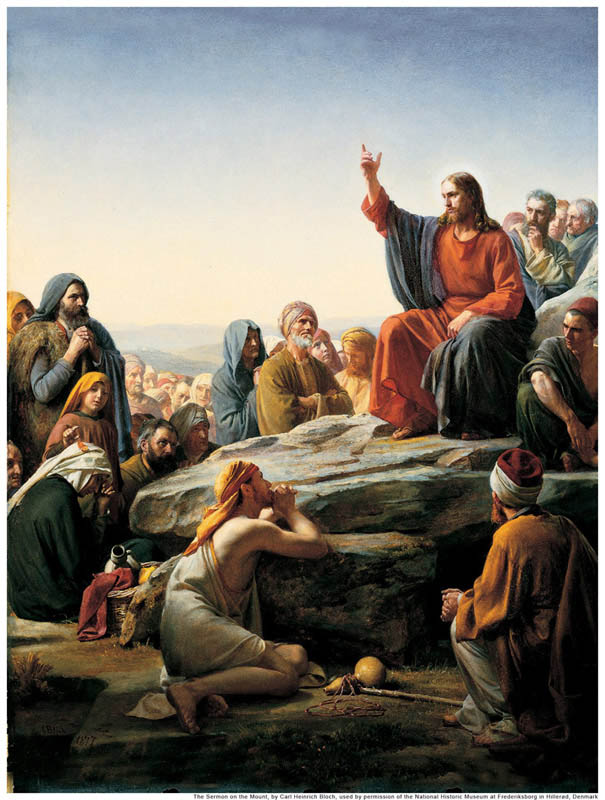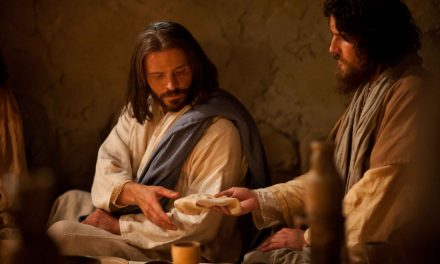BYU (Brigham Young University) is operated by The Church of Jesus Christ of Latter-day Saints, often mistakenly called the “Mormon Church.” As part of their undergraduate coursework, BYU students take multiple semesters of spiritually uplifting, stimulating religion classes.
In this series (see below), students enrolled in scripture study classes have shared their thoughts, insights, and reflections on the Book of Mormon in the form of letters to someone they know. We invite you to take a look at their epiphanies and discoveries as they delve into the scriptures.
In publishing these, we fulfill their desire to speak to all of us of the relevance, power and beauty of the Book of Mormon, a second witness of Jesus Christ and complement to the Bible. The Book of Mormon includes the religious history of a group of Israelites who settled in ancient America. (The names they use are those of prophets who taught the Book of Mormon peoples to look forward to the coming of Christ—Nephi, Lehi, Alma, Helaman, and other unfamiliar names. We hope those names will become more familiar to you as you read their inspiring words and feel the relevance and divinity of their messages through these letters.)
Let us know if you’d like to receive your own digital copy of the Book of Mormon, and/or if these messages encourage and assist you spiritually as well.
Book of Mormon: Ordinances, Progression, and Becoming the Children of Christ
Dear Addison,
This might be a little scatterbrained, but I feel like I’m grasping trying to understand something both infinitely important and infinitely bigger than me. So perhaps it will, of necessity, be a little dazed. I have a question for you that I have been pondering for the past several months:
Do you feel like you understand why ordinances are critical for progression?
I don’t. And I am about to receive some of the most critical ordinances of my life in just two and a half weeks. I’m also about to embark on a mission to hopefully be an instrument in the hands in the Lord in persuading others to make and keep sacred covenants. And that necessarily involves ordinances.
In response to this ignorance of mine, this semester I have been endeavoring to understand the import of ordinances. I made that topic the theme of my Book of Mormon project. It is changing how I read the scriptures, both the New Testament and the Book of Mormon. Now my central focus has been: “What do the actions of this person/people teach me about ordinances?” And I’ve been studying The Holy Temple by Boyd K. Packer.
This is one of the scriptures that struck me as pertaining to ordinances and covenants as I was studying:
“And as many as have received me, to them have I given to become the sons of God… And ye shall offer for a sacrifice unto me a broken heart and a contrite spirit. And whoso cometh unto me with a broken heart and a contrite spirit, him will I baptize with fire and with the Holy Ghost” (3 Nephi 9:17, 20, emphasis added).
Reading this, especially within the context of ordinances and covenants, made me realize how critical this essential principle is. Yes, we are children of God. But are we worthy to be called by that name? Are we in the paths of progression, becoming the person the Savior wants us to be? Can we say we are becoming very much “one” with the Savior, so that His thoughts are our thoughts, and His desires for us are our desires, and His actions are ours? Are we His little children? Will we not only allow ourselves to be adopted by Him, but try to understand what that truly entails?
I know we’ve already been taught this principle, but I think it’s one principle that we recognize is so critical, and yet we truly know so little about. And while the connection to ordinances is not always explicit in the scriptures, I think it is very real in far more scriptural passages than we realize, this one included. The scheme of eternity and the role of ordinances in our progression is so much bigger than I initially and currently realize—I’m kind of like the blind man feeling a boundless, limitless elephant; you remember that story, right?
I promise you, if you make the topic of ordinances a pursuit in your scripture study, your historical analysis of scripture, your prayer and temple attendance (are you going regularly?), you will be blessed far more than you can realize. It’s such an incredibly rich, poignant, beautiful thing, and I still understand so very little about it.
To end, here is what C.S. Lewis has to say on progression:
“‘Make no mistake,’ He says, ‘if you let me, I will make you perfect. The moment you put yourself in My hands, that is what you are in for. Nothing less, or other, than that. You have free will, and if you choose, you can push Me away. But if you do not push Me away, understand that I am going to see this job through. Whatever suffering it may cost you in your earthly life, whatever inconceivable purification it may cost you after death, whatever it costs Me, I will never rest, nor let you rest, until you are literally perfect—until my Father can say without reservation that He is well pleased with you, as He said He was well pleased with me. This I can do and will do. But I will not do anything less.” ~C.S. Lewis, Mere Christianity
Perhaps we would do well to keep in mind that the Greek word for “perfect” in the New Testament can be better translated to mean “whole.”
I love you. May God ever be with you, not only because His Spirit will guide and protect you, but also because He will become so much a part of who you are that His face may be engraven in your countenance.
Morgan
Additional Resources:





Recent Comments